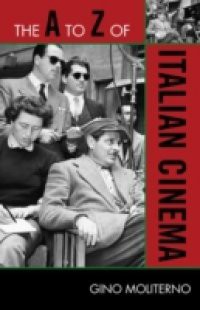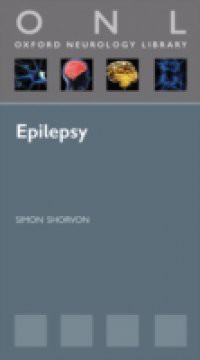Is religion a positive reality in your life? If not, have you lost anything by forfeiting this dimension of your humanity? This book compares the theology of Tillich with the psychology of Jung, arguing that they were both concerned with the recovery of a valid religious sense for contemporary culture. Paul Tillich, Carl Jung and the Recovery of Religion explores in detail the diminution of the human spirit through the loss of its contact with its native religious depths, a problem on which both spent much of their working lives and energies. Both Tillich and Jung work with a naturalism that grounds all religion on processes native to the human being. Tillich does this in his efforts to recover that point at which divinity and humanity coincide and from which they differentiate. Jung does this by identifying the archetypal unconscious as the source of all religions now working toward a religious sentiment of more universal sympathy. This book identifies the dependence of both on German mysticism as a common ancestry and concludes with a reflection on how their joint perspective might affect religious education and the relation of religion to science and technology. Throughout the book, John Dourley looks back to the roots of both men's ideas about mediaeval theology and Christian mysticism making it ideal reading for analysts and academics in the fields of Jungian and religious studies.



















